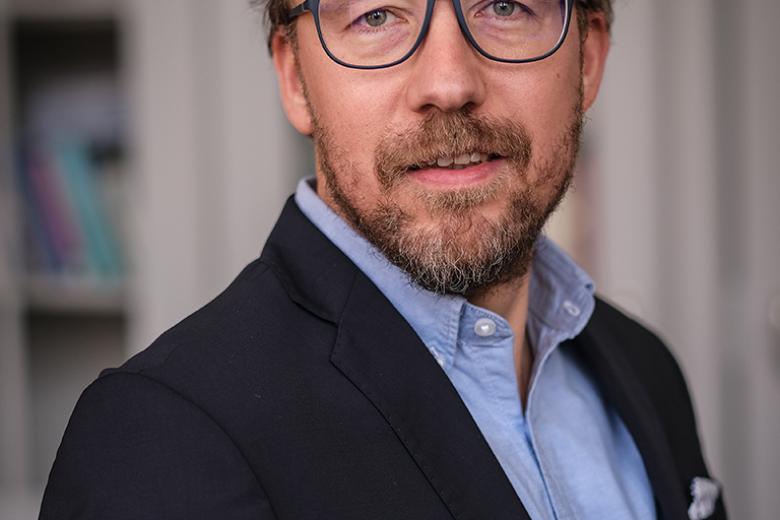Why do we ask people where they’re from?
In her dissertation, PhD candidate Lotte Thissen sweeps readers up in a carnival conga line, involves them in a conversation with two men in the city centre of Roermond, and takes them on a shopping trip to a multicultural supermarket. All of this happens in Roermond. Readers soon discover that everyone can experience foreignness, irrespective of their origin or background. One of the key conclusions in this study is that we should stop asking people where they are from. This question is often motivated by outward appearances and linguistic differences and suggests that some people do not belong in a certain place. It can also be a painful experience for people who understand and/or speak the local language or dialect. This dissertation illustrates that language practices are far more diverse and unpredictable and that people are continuously involved in the process of talking in and out of place. Lotte Thissen will obtain her PhD from Maastricht University on 11 January.
Place-making
In her dissertation titled Talking in and Out of Place, anthropologist Lotte Thissen examines how people in the Limburg city of Roermond deal with the daily challenges posed by multilingualism, place, and feelings of (un)belonging in a constantly changing world. The rich ethnographic chapters reveal how people talk about their sense of belonging and unbelonging in a country that is increasingly defining the notion of national identity in sharper terms.
Power relations
Carnival association De Katers regularly debates whether Dutch or the local dialect should be spoken when Sinterklaas and carnival are celebrated at the same time. Normally, Sinterklaas (a national figure) is always addressed in Dutch, but in the context of carnival this seems rather out of place. The carnival prince points out the dilemma when Sinterklaas arrives and explains to those present that he has decided to speak to him in the regional dialect. This discussion demonstrates how language practices can challenge, destabilise and dismantle dominant power relations. Thissen argues that complex dynamics are important for place-making practices at De Katers, which expose who is considered an insider (in place) and an outsider (out of place).
In and out of place
On a sunny summer's day, Thissen joins two men on a bench on Munsterplein square in the city centre of Roermond. She starts up a conversation with them and observes, through their interactions with her and with each other, how they make Limburg and Roermond their own as outsiders (out of place). Neither of them were born in Limburg, but they’ve both lived here for many years. One was even crowned prince carnival in his neighbourhood. The daily practices reveal a certain pride of Roermond and Limburg and they have taken up the localdialect. An analysis of their language and cultural practices reveals their ambivalence about belonging and unbelonging. At the same time, Thissen discovered that the men feel a mutual bond based on their shared feeling of unbelonging in Limburg or Roermond.
Foreignness
In her last case study, Thissen spends time at Dost Market, a small supermarket in the diverse Donderberg neighbourhood, which is home to people from different cultural and linguistic backgrounds. Many of these people meet each other on their daily trips to Dost Market. Based on her observations in the supermarket, Thissen developed the analytical concept of foreignness that helped her gain a better understanding of belonging through unbelonging. In other words, foreignness can help to explain the efforts people make to establish a shared sense of 'being different' in a certain place and to use this as the foundation on which to build a relationship. Thissen argues that anyone, regardless of their background, can experience foreignness and it is for this reason that we should stop asking people where we are from.
A symposium will be held on 12 January at the UM Faculty of Arts and Social Sciences based on the theme of Thissen's dissertation. The speakers will include leading national and international scholars who specialise in ethnographic aspects of language and dialect.
Also read
-

-
Professor Cyrus Mody receives NWO Vici grant
Cyrus Mody, historian of science and technology at the Faculty of Arts and Social Sciences (FASoS), has received an NWO Vici grant of €1,500,000.
-
Classical music: a treasure trove
On 29 and 30 March, the Maastricht Centre for the Innovation of Classical Music (MCICM) is organising a special symposium in Maastricht at the St. Janskerk and the Conservatorium, respectively. The occasion for the international symposium is the inaugural lecture of Prof. Peter Peters, Endowed...